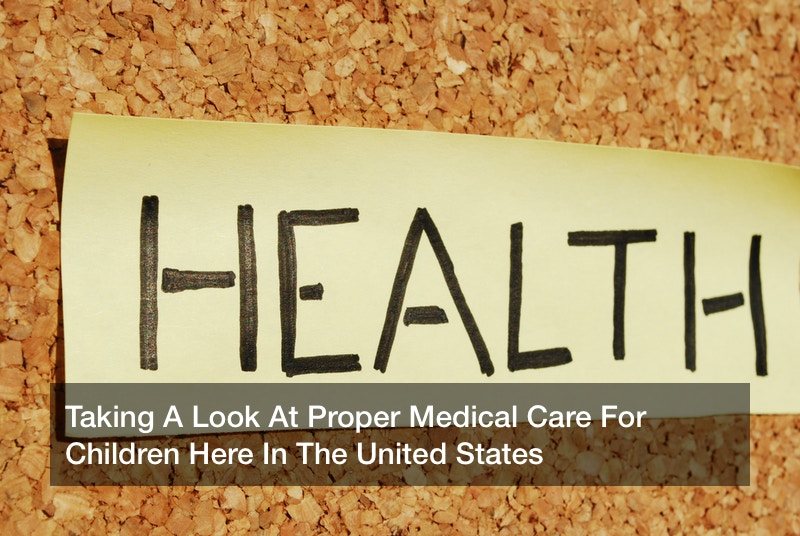

For children of all ages, medical care is a must. From routine medical care to same day pediatric services for sick or injured children, taking your child to the doctor when they need it is truly one of the best things that any parent can do for them. After all, the doctor will want to chart their growth and development, something that is known to happen quite rapidly in the childhood years. Of course, vaccines for children will also need to be administered at these regular appointments. If your child is having various medical concerns, taking them to the doctor becomes even more important, because that doctor will then likely be able to work to get to the root cause of the issues that a child is having, something that can frequently be seen, for example, with childhood ear infections.
Vaccines for children are particularly important for children of all ages to receive, as the vaccine is a lifesaving thing. Currently, more than 91% of all children here in the United States alone have received their MMR vaccine (which vaccinates against measles, mumps, and rubella). This vaccination is essential for children, as such vaccines for children help to prevent them from getting illnesses that could once prove to be fatal in at risk population, into which children fall. Other vaccines for children are also commonly administered, such as the DTAP vaccine as well as vaccines for children that prevent against polio.
Though there is certainly a great deal of controversy surrounding vaccines for children, it is hugely important to remember that these vaccines for children have been well studied. Such vaccines for children have also been deemed to be perfectly safe to be administered in the vast majority of children all throughout the country. In fact, only a scant few children will react in any kind of negative way to the vaccines for children that they receive.
Aside from vaccines for children, regular check ups will be commonplace in the first few years of life in order to chart growth and development. Ideally, a child will receive a large number of check ups in the first year of life, where much of their growth will occur in an incredibly condensed amount of time. Typically, they will go in for a check up at only two weeks of aged, followed up by another check up at two months, then four months, then six months, then nine, 12, 15, and 18 months until they reach their second birthday. After they are two, children typically will have a two and a half year check up and a three year old check up. After this point, however, checks ups will likely only occur on a yearly basis, unless it is a special case.
Sometimes illnesses will happen as well. Colds, for instance, are very common in babies and children over six months of age, as this is when children must begin to build up their own immune systems. Before this point, their are typically protected by their mother’s immune system, but once that fades away they become quite susceptible indeed. Fortunately, getting a lot of colds is normal for young children and many will have up to ten colds over the course of just one single year – and typically no less than six. Kids who attend preschool or some other form of daycare are also likely to be quite susceptible to colds indeed, as well as a variety of other illnesses that are easily spread among children.
Many of these illnesses, such as hand foot and mouth disease, are typically not dangerous, but still need to be looked over by a doctor who can confirm a diagnosis. At the end of the day, hand foot and mouth disease is quite highly contagious indeed, and children often need a doctor’s note of some sort before people allowed to return to school or daycare. Fortunately, a same day pediatric office is likely to be able to get children in and out relatively rapidly, something that will help to ensure that they don’t spread the disease even further.